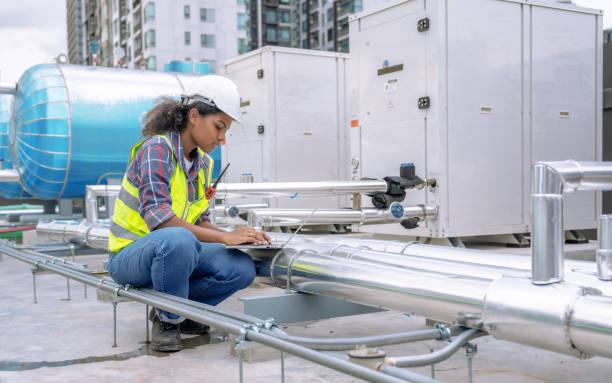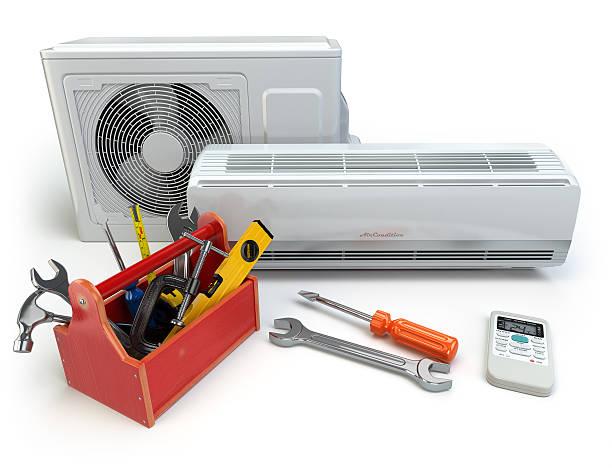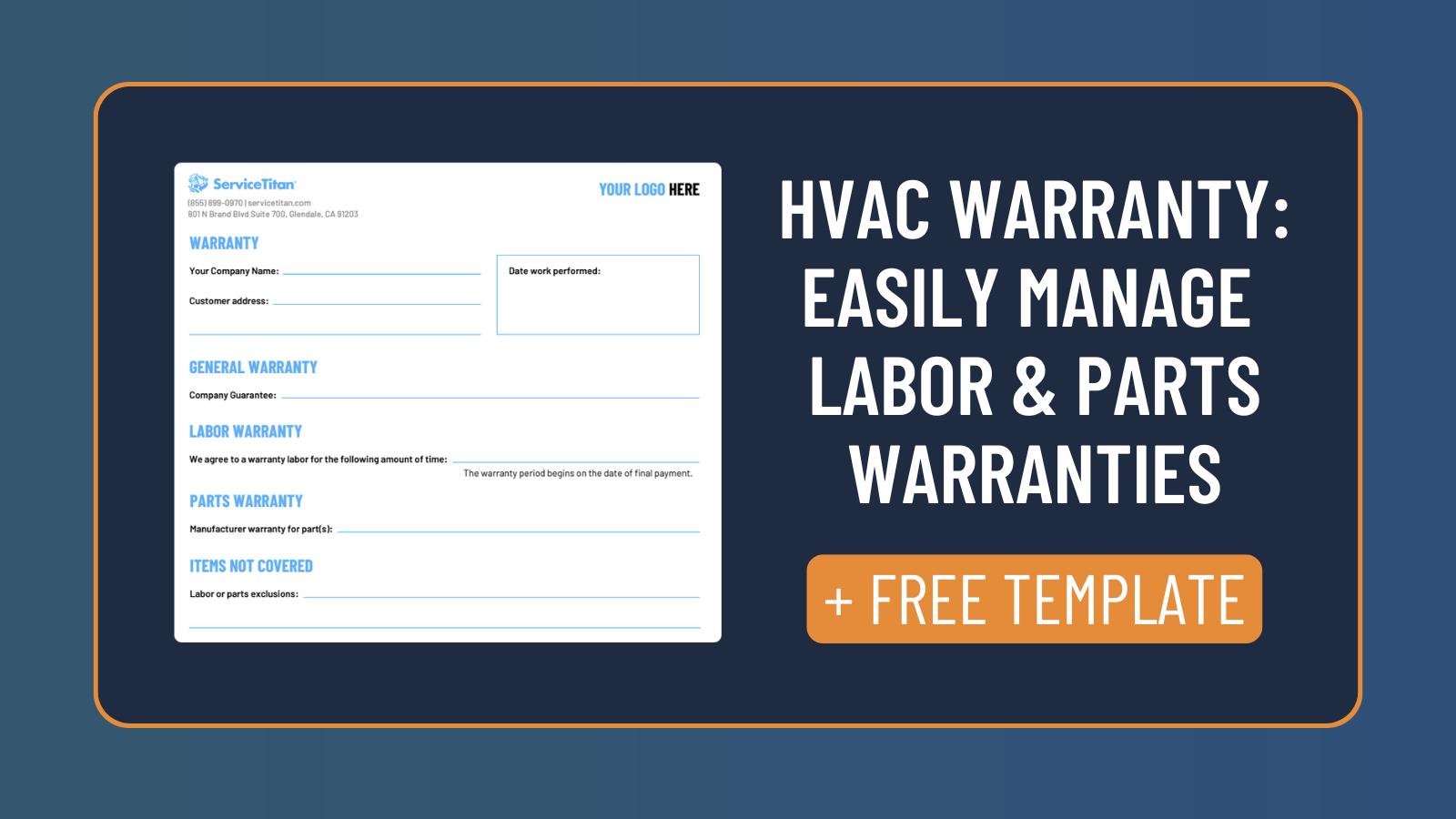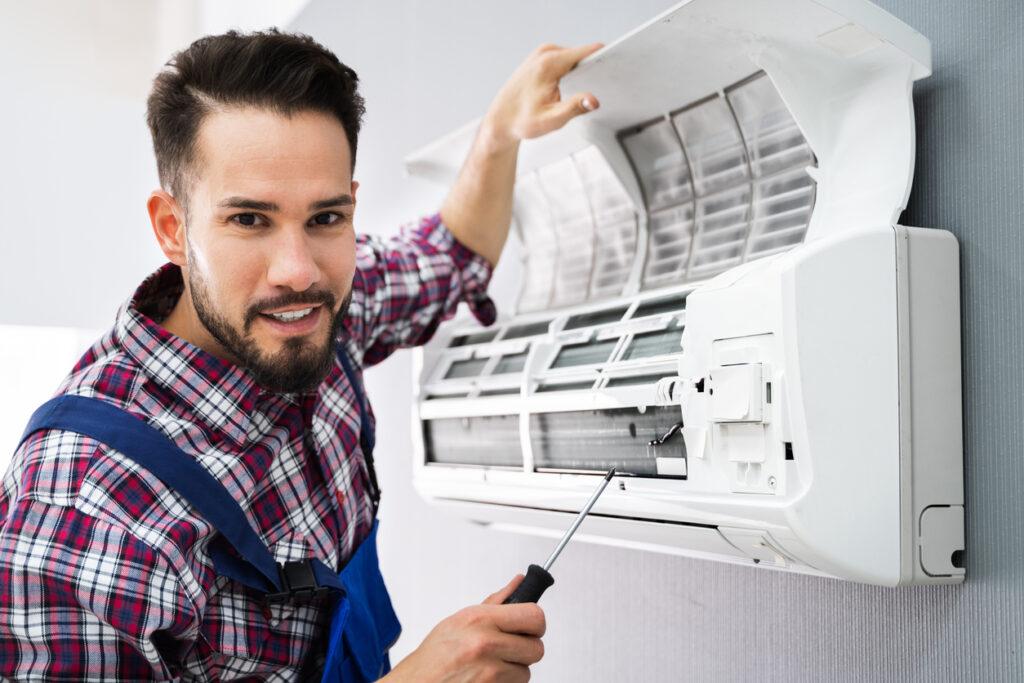When your air conditioning system fails on a sweltering summer day, the last thing you want is to gamble on an unreliable repair company. Yet, with countless HVAC contractors advertising their services, distinguishing between trustworthy professionals and potential headaches becomes a critical challenge for homeowners. Making the wrong choice doesn’t just risk poor repairsit can lead to inflated costs, recurring problems, and even safety hazards that compound your initial frustration.
The difference between a reliable home AC repair company and a questionable one often reveals itself in the details: proper licensing, transparent pricing, genuine customer reviews, and a track record of standing behind their work. Understanding these distinctions empowers you to make informed decisions that protect both your comfort and your investment.
Understanding What Makes an AC Repair Company Trustworthy
A reliable AC repair company distinguishes itself through measurable credentials and consistent professional standards. The foundation starts with proper licensingin Texas, HVAC contractors must hold a state-issued license that demonstrates their technical competency and adherence to industry regulations. Insurance coverage, including both liability and workers’ compensation, protects homeowners from potential damages or injuries during service calls.

Experience matters significantly in HVAC repair. Companies with five or more years of established service have typically encountered the full spectrum of AC problems, from simple capacitor failures to complex refrigerant leaks. This depth of experience translates into faster diagnostics and more effective repairs. When evaluating potential contractors, look for businesses that have maintained consistent operations in your local market, as this stability indicates financial health and customer satisfaction.
Professional certifications from manufacturers like Carrier, Trane, or Lennox signal advanced training and expertise. These partnerships often require ongoing education and adherence to strict service standards. Additionally, membership in professional organizations such as ACCA (Air Conditioning Contractors of America) demonstrates a commitment to industry best practices and continuous improvement.
Red Flags to Avoid When Choosing an AC Repair Service
Recognizing warning signs can save you from costly mistakes and substandard service. Be immediately suspicious of contractors who demand large upfront payments before beginning work. Legitimate companies typically request payment upon completion or offer reasonable payment terms for larger projects.
Common Warning Signs of Unreliable Contractors
- Unusually low bids: Prices significantly below market rates often indicate cut corners, inferior parts, or hidden charges that surface later
- High-pressure sales tactics: Reputable companies provide time for decision-making rather than pushing immediate commitments
- Lack of physical address: Established businesses maintain verifiable locations, not just P.O. boxes or mobile operations
- No written estimates: Professional contractors always provide detailed, written quotes outlining labor, parts, and warranties
- Reluctance to show credentials: Legitimate companies readily share license numbers, insurance documentation, and certifications
According to the Better Business Bureau, HVAC repair consistently ranks among the top consumer complaint categories, with unlicensed contractors accounting for nearly 40% of reported issues. Door-to-door solicitations, especially following severe weather events, frequently involve scam operators targeting vulnerable homeowners with emergency repair needs.
Essential Questions to Ask Before Hiring
Asking the right questions during initial consultations reveals crucial information about a contractor’s reliability and expertise. Start with verification basics: request their state license number and confirm it through official channels. In Texas, you can verify HVAC licenses through the Texas Department of Licensing and Regulation website.
Critical Questions for Your Initial Consultation
When contacting potential repair companies, prepare these essential questions:
Licensing and Insurance: “Can you provide your license number and proof of insurance?” Any hesitation here signals potential problems. For reliable service in Houston, companies like 75 Degree AC readily provide all credentials upon request.
Diagnostic Approach: “How do you diagnose AC problems, and is there a diagnostic fee?” Professional companies conduct thorough system evaluations using proper tools and typically apply diagnostic fees toward repair costs when you proceed with service.
Warranty Coverage: “What warranties do you offer on parts and labor?” Reputable contractors provide clear warranty terms, often including 1-year labor warranties and manufacturer warranties on parts. Be wary of companies offering no warranty or only 30-day coverage.

Timeline and Availability: “What’s your typical response time for emergency repairs?” Established companies maintain adequate staffing for prompt service, especially during peak season. Ask about their emergency service availability and after-hours rates.
Evaluating Reviews and References Effectively
Online reviews provide valuable insights, but understanding how to interpret them requires careful analysis. Focus on patterns rather than individual complaintsevery company occasionally encounters dissatisfied customers, but recurring issues indicate systemic problems.
Google Reviews, Yelp, and Better Business Bureau ratings offer different perspectives. Google Reviews typically provide the broadest customer base, while BBB ratings reflect complaint resolution effectiveness. Look for companies maintaining at least 4.0 stars across multiple platforms with consistent recent activity.
What to Look for in Customer Reviews
Authentic reviews contain specific details about the service experience: the problem encountered, how the company responded, and the outcome achieved. Generic five-star reviews lacking details may indicate purchased or incentivized feedback. Pay particular attention to how companies respond to negative reviewsprofessional responses addressing concerns demonstrate customer service commitment.
Review velocity matters too. A company with 200 reviews accumulated over five years typically represents more authentic feedback than one with 200 reviews appearing within months. Check review dates to ensure recent feedback aligns with current ownership and management.
Understanding Pricing and Getting Fair Estimates
Transparent pricing structures separate professional contractors from questionable operators. Reputable AC repair companies provide detailed estimates breaking down labor rates, parts costs, and any additional fees. According to HomeAdvisor, average AC repair costs range from $165 to $600, with most homeowners paying around $350 for common repairs.
| Repair Type | Typical Cost Range | Time Required |
|---|---|---|
| Capacitor Replacement | $150-$400 | 30-60 minutes |
| Refrigerant Recharge | $200-$500 | 1-2 hours |
| Contactor Replacement | $150-$350 | 30-45 minutes |
| Evaporator Coil Cleaning | $250-$450 | 2-3 hours |
| Blower Motor Replacement | $450-$800 | 2-3 hours |
Beware of flat-rate pricing without inspectionprofessional diagnosis determines actual repair needs. Companies offering phone quotes without system evaluation often rely on upselling once on-site. Legitimate contractors like those offering professional AC repair in Houston conduct thorough inspections before providing accurate estimates.
Understanding Service Agreements and Maintenance Plans
Many reliable AC repair companies offer maintenance agreements providing regular tune-ups, priority service, and repair discounts. These plans typically cost $150-$500 annually, depending on included services. Evaluate whether proposed agreements align with your system’s age and conditionnewer systems may benefit less from comprehensive coverage than older units requiring frequent attention.
The Importance of Local Experience and Knowledge
Local expertise significantly impacts repair quality and system longevity. Houston’s unique climate challengesextreme humidity, salt air exposure near the coast, and extended cooling seasonsrequire specific knowledge that out-of-area contractors may lack.

Established local companies understand regional building codes, permit requirements, and common architectural considerations affecting HVAC performance. They maintain relationships with local parts suppliers, ensuring faster repairs when specialized components are needed. This local network proves especially valuable during peak summer months when equipment failures surge.
“Working in Houston’s climate for over a decade taught us that standard manufacturer recommendations don’t always apply here,” notes James Patterson, a senior HVAC technician with 15 years of Houston-area experience. “The combination of heat and humidity creates unique challenges requiring adjusted approaches to refrigerant charging and system sizing.”
Verifying Licenses, Insurance, and Certifications
Professional credentials form the foundation of contractor reliability. Texas requires HVAC contractors to hold state-issued licenses, with different classifications for residential and commercial work. Verify licenses through the Texas Department of Licensing and Regulation (TDLR) website using the contractor’s name or license number.
Essential Credentials to Verify
Insurance verification extends beyond simply confirming coverage exists. Request certificates of insurance directly from the insurance provider, not photocopies from contractors. Adequate general liability coverage should minimum $1 million, with additional workers’ compensation protecting you from injury-related claims.
EPA Section 608 certification confirms technicians can legally handle refrigerantsa fundamental requirement for AC repair. NATE (North American Technician Excellence) certification indicates advanced technical proficiency through rigorous testing. While not mandatory, NATE-certified technicians typically demonstrate superior diagnostic and repair capabilities.
Emergency Services and Response Times
AC failures rarely occur at convenient times. Reliable repair companies maintain 24/7 emergency services with clear response time commitments. When evaluating emergency capabilities, understand the difference between answering services and actual technician availability.
True emergency service means technicians arrive within hours, not next-day appointments marketed as “emergency response.” Companies maintaining dedicated emergency crews, rather than on-call rotations, typically provide faster, more reliable service during critical situations. Ask specific questions about after-hours rateswhile emergency service commands premium pricing, excessive surcharges may indicate profit-focused rather than customer-focused operations.
Warranties and Guarantees That Protect Your Investment
Comprehensive warranties distinguish professional contractors from fly-by-night operators. Labor warranties should cover minimum 90 days, with many reputable companies offering one-year coverage. Parts warranties vary by manufacturer but should transfer to you upon installation.
Understand warranty limitations and requirements. Most warranties require professional maintenance and void upon DIY repairs or modifications. Some companies offer extended warranty options for additional protection, particularly valuable for older systems or major component replacements.

Service guarantees extending beyond basic warranties demonstrate confidence in workmanship. Look for satisfaction guarantees allowing concerns to be addressed without additional charges. Companies offering such guarantees typically maintain higher service standards and customer satisfaction rates.
Making Your Final Decision
After gathering information and evaluating options, making the final decision requires balancing multiple factors. Price alone shouldn’t determine your choicethe lowest bid often results in the highest long-term costs through poor workmanship or inferior parts.
Final Evaluation Checklist
- Verified all licenses and insurance coverage
- Received detailed written estimate with clear pricing
- Confirmed positive reviews across multiple platforms
- Established company history in local market
- Understood warranty terms and coverage
- Felt comfortable with technician professionalism and communication
- Confirmed availability for both regular and emergency service
Trust your instincts alongside objective criteria. Professional contractors welcome questions and provide clear, patient answers. If something feels wrong or pressure tactics emerge, continue searching. The right company earns your business through transparency and professionalism, not aggressive sales techniques.
Conclusion: Protecting Your Comfort and Investment
Selecting a reliable home AC repair company requires careful evaluation of credentials, experience, and professionalism. By verifying licenses, analyzing reviews thoughtfully, and asking critical questions, you position yourself to make informed decisions that protect both your immediate comfort and long-term investment.
The key takeaways for finding trustworthy AC repair include prioritizing proper licensing and insurance, valuing local experience and established reputation, insisting on transparent pricing and written estimates, and recognizing red flags that signal potential problems. Remember that quality service may cost more initially but saves money through proper repairs, honest recommendations, and reliable warranty coverage.
When your AC system requires professional attention, taking time to choose the right repair company pays dividends through restored comfort, system longevity, and peace of mind. Whether you need routine maintenance or complete system replacement, partnering with a reliable contractor ensures your home remains comfortable regardless of outside temperatures.
Ready to experience the difference a trusted HVAC partner makes? Contact 75 Degree AC at (713) 598-2737 for honest assessments, transparent pricing, and professional service that keeps your Houston home comfortable year-round. Schedule your service consultation today and discover why Houston homeowners trust us for all their heating and cooling needs.

Frequently Asked Questions
How quickly should a reputable AC repair company respond to service calls?
Professional AC repair companies typically respond to regular service calls within 24-48 hours during normal business periods. For emergency situations, established companies offer same-day service, often within 2-4 hours. During peak summer months, response times may extend slightly, but reliable contractors communicate realistic timeframes and keep appointments as scheduled.
What’s the difference between AC repair and AC maintenance services?
AC repair addresses specific problems or failures requiring immediate attention, such as refrigerant leaks, electrical failures, or component replacements. Maintenance involves preventive services including filter changes, coil cleaning, refrigerant level checks, and system optimization to prevent breakdowns. Regular maintenance typically costs $75-$200 per visit, while repairs range from $150-$800 depending on the issue.
Should I get multiple estimates for AC repair work?
For major repairs exceeding $500, obtaining 2-3 estimates helps ensure fair pricing and appropriate repair recommendations. However, for emergency repairs or minor services, the time spent gathering multiple quotes may outweigh potential savings. Focus on choosing reputable contractors rather than simply selecting the lowest bid, as quality and reliability matter more than minimal price differences.
How can I verify if an AC repair company is properly licensed?
In Texas, verify HVAC contractor licenses through the Texas Department of Licensing and Regulation (TDLR) website at tdlr.texas.gov. Search using the company name or license number to confirm active status, classification level, and any disciplinary actions. Additionally, check local municipal requirements, as some cities require additional permits or registrations for HVAC work.
What should I do if I’m dissatisfied with AC repair service?
First, contact the company directly to discuss concernsreputable contractors want to resolve issues and maintain customer satisfaction. If problems persist, document everything including service dates, communications, and specific issues. File complaints with the Better Business Bureau, state licensing board, and consider leaving detailed online reviews. For significant disputes involving warranties or substantial financial loss, consider small claims court or consulting with a consumer protection attorney.
